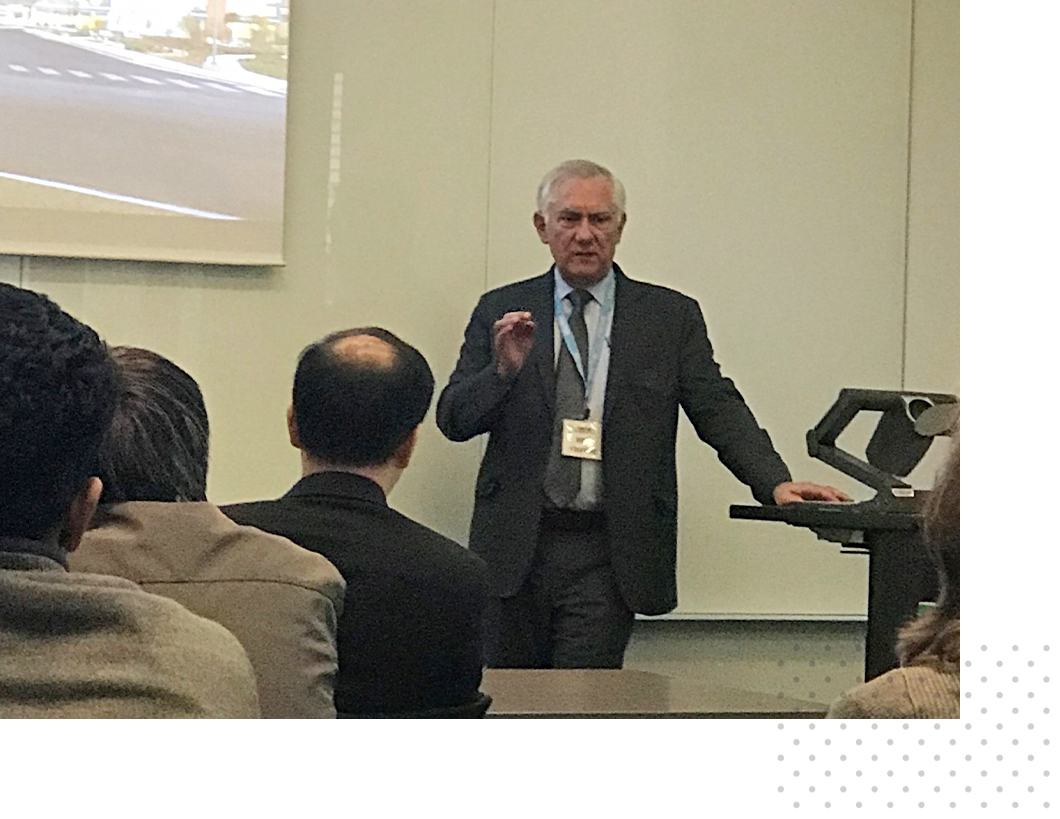Education Programs

The Department of Neurosurgery is dedicated to teaching and training the next generation of clinicians and scientists who will advance the department’s commitment to make a difference in the lives of patients and families with neurological disorders.
Undergraduate Medical Education
Faculty in the department such as Michael Koltz, M.D., and Ramsey Ashour, M.D., are consistently highly rated teachers at Dell Medical School in the preclinical and clinical curriculum. Faculty members help teach medical students in the basic neurosciences and neuroanatomy and provide hands-on training to neurosurgery clinical clerks and subinterns through clinical rotations at Dell Seton Medical Center at the University of Texas and Dell Children’s Medical Center of Central Texas.
Graduate Medical Education
The department is home to the school’s newly accredited Neurosurgery Residency, which provides trainees with the requisite clinical and academic skills to thrive as independent neurosurgeon-scientists. The department also hosts a new Neuroendovascular Fellowship.
The department also hosts visiting medical students and neurosurgery residents at busy clinical neurosurgery services at Ascension Seton Medical Center Austin, the Level I trauma center Dell Seton Medical Center at the University of Texas and Dell Children’s Medical Center of Central Texas. The department offers a robust collaborative clinical education program through the rich faculty and staff of the pediatric neurosciences program.
In addition, Nicholas Barbaro, M.D., chair of the department, also serves as the assistant dean of GME strategy and leads the school’s Advancing Care Transformation curriculum. Known as ACT, the curriculum helps residents and fellows from all specialties advance their skills as future health systems leaders while exploring and discovering new possibilities in patient care and population health through design and innovation.
Continuing Medical Education
The Department of Neurosurgery host visiting professors, virtual visiting professors (VViP) and other distinguished speakers at the department’s regular Grand Rounds. Speakers are distinguished expert neurosurgeons, neuroscience clinicians and practitioners who speak on a wide range of topics related to neuroscience diseases and systems of care to improve patient outcomes.